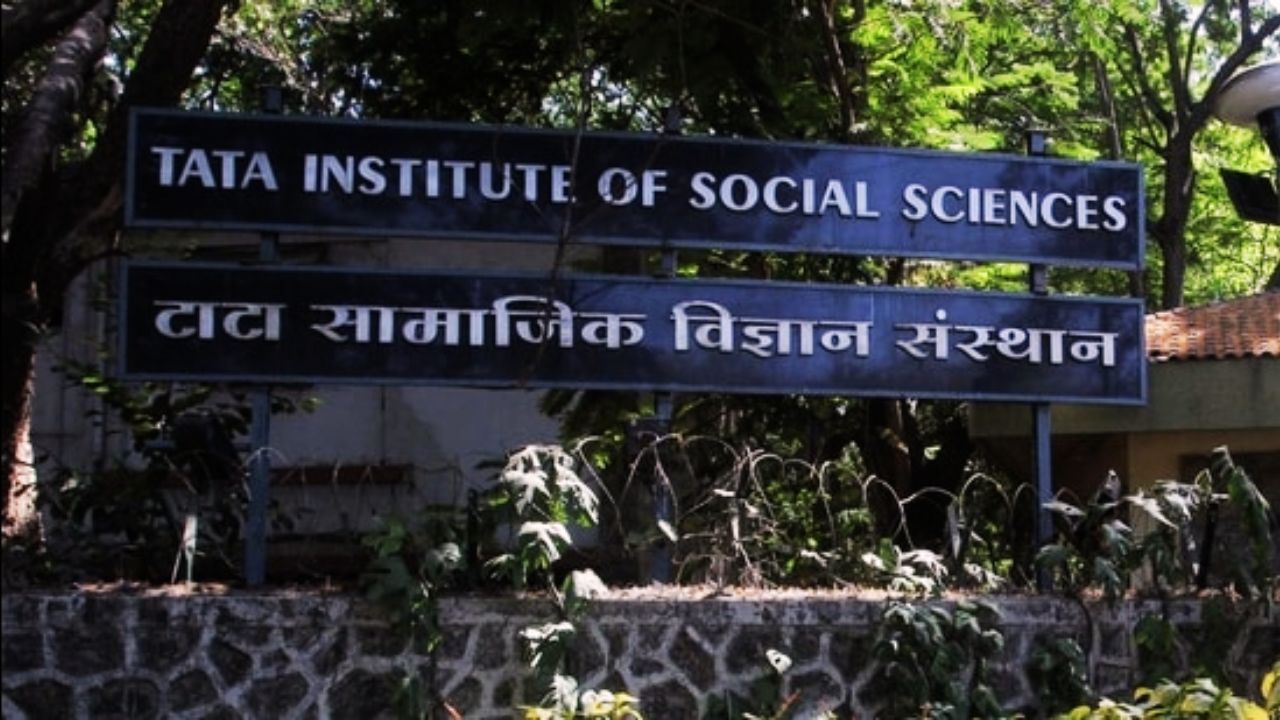The Tata Institute of Social Sciences (TISS) has been commissioned by the State Minority Development Department to conduct a study on the social, economic and educational development of the Muslim community in 56 cities in Maharashtra that have a sizable Muslim population.
The department has designated Rs 33 lakh in funds for the project, Indian Express reported.
“The study will analyse the social, educational and economic status of the Muslim community. It will also study the impact of the state’s education, health, employment, housing, credit access and infrastructure policies on the community,” according to the government resolution.
After the Mehmood-Ur-Rehman committee, which was established in 2008 by the then-Congress-NCP administration and headed by retired IAS officer Mehmood-ur-Rehman and charged with researching the socio-economic circumstances of Muslims in Maharashtra, it will be the first pan-state study on the Muslim community.
The committee offered a grim picture of the socioeconomic situation of Muslims in Maharashtra, after five years of study. According to the 2013 statistics, approximately 60% of Muslims in Maharashtra are living in poverty. Only 4.4% of all occupations in the government were held by them, and only 2.2% of the community’s residents were graduates. It stated that the recommendation for reservations is a necessary palliative to alleviate the affliction of a significant portion of the community and had proposed an 8% reservation in state, education, and housing—both public and private.
In 2014, the then-Congress-NCP administration established a 5% Muslim reservation in government-run schools, universities, and workplaces based on the Rehman committee report. The decision was challenged in the Bombay High Court and the state then saw a change in government with the BJP coming to power.
In its ruling on November 14, the Bombay High Court struck off the five per cent reservation clause in jobs but recommended that Muslims receive the same percentage in the educational system. The BJP government, which took office in 2014, refrained from taking official action to enact reservations because it opposes religiously-based discrimination.
The government expects that the new study will offer suggestions for improving the social, economic, and educational circumstances of the community. 56 cities in six revenue divisions of the state with sizable Muslim populations will participate in the project. To finish the report, TISS will conduct interviews and focus groups. The report should be finished in four months.
Related












































